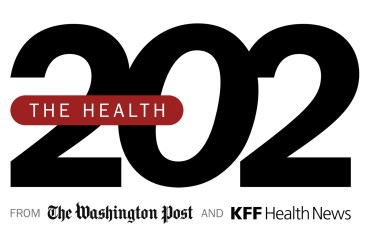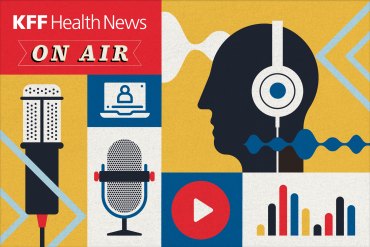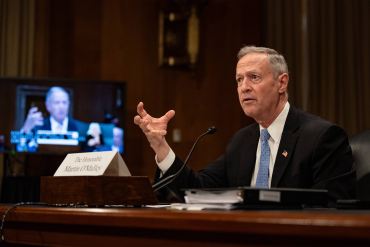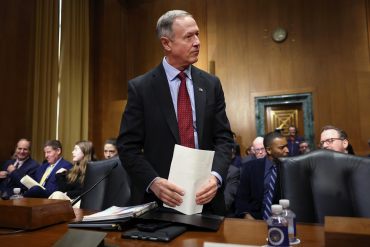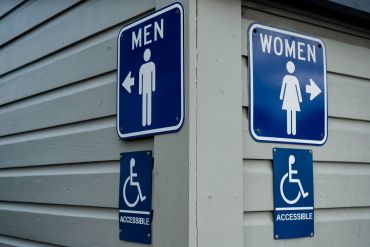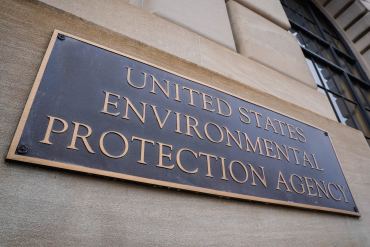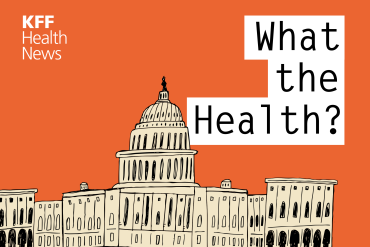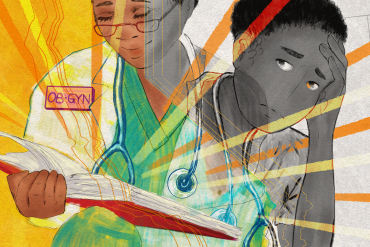The GOP Keeps Pushing Medicaid Work Requirements, Despite Setbacks
Work requirements in Medicaid expansion programs are back on the agenda in many statehouses — despite their lackluster track record. In Mississippi, the idea has momentum from GOP lawmakers advancing legislation to expand Medicaid. In Kansas, the Democratic governor proposed work requirements to try to soften Republican opposition to expansion. (She’s had little luck, so […]
ACA Plans Are Being Switched Without Enrollees’ OK
Insurance agents say it’s too easy to access consumer information on the Affordable Care Act federal marketplace. Policyholders can lose their doctors and access to prescriptions. Some end up owing back taxes.
Journalists Dig Into Measles, Abortion Access, and Medicaid Expansion
KFF Health News and California Healthline staff made the rounds on national and local media in recent weeks to discuss their stories. Here’s a collection of their appearances.
Social Security Chief Testifies in Senate About Plans to Stop ‘Clawback Cruelty’
Commissioner Martin O’Malley testifies to two Senate panels that his agency will stop the “injustices” of suspending people’s monthly benefits to recover alleged overpayments. The burden will be on the Social Security Administration to prove the beneficiary was to blame.
Georgia’s Medicaid Work Requirements Costing Taxpayers Millions Despite Low Enrollment
Republican Gov. Brian Kemp’s Georgia Pathways to Coverage program has seen anemic enrollment while chalking up millions in start-up costs — largely in technology and consulting fees. Critics say the money’s being wasted on a costly and ineffective alternative to Obamacare’s Medicaid expansion.
Exclusive: Social Security Chief Vows to Fix ‘Cruel-Hearted’ Overpayment Clawbacks
New Social Security Commissioner Martin O’Malley is promising to change how the agency reclaims billions of dollars it wrongly pays to beneficiaries, saying the existing process is “cruel-hearted and mindless.”
Avanzan en varios estados proyectos de ley extremos sobre el uso de baños por género
Al menos uno de los proyectos de ley es tan extremo como para proponer que se considere delito que una persona transgénero entre en una instalación que no coincida con el sexo indicado en su acta de nacimiento.
Bathroom Bills Are Back — Broader and Stricter — In Several States
State lawmakers are resurrecting and expanding efforts to prohibit transgender people from using public restrooms and other spaces that match their gender. Some have sought to ban trans people from “sex-designated spaces,” including domestic violence shelters and crisis centers, which experts say could violate anti-discrimination laws and jeopardize federal funding.
Toxic Gas That Sterilizes Medical Devices Prompts Safety Rule Update
The Environmental Protection Agency is tightening regulation of ethylene oxide, a carcinogenic gas used to sterilize medical devices. The agency is trying to balance the interests of the health care industry supply chain with those of communities where the gas creates airborne health risks.
Lawsuits Claim South Carolina Kids Underwent Unnecessary Genital Exams During Abuse Investigations
Lawsuits allege that several children under 18 in South Carolina have undergone examinations of their private parts during child abuse investigations — even when there were no allegations of sexual abuse. There’s a growing consensus in medicine that genital exams can be embarrassing, uncomfortable, and even traumatic.
Health Care Workers Push for Their Own Confidential Mental Health Treatment
Montana may join about a dozen other states in creating “safe havens” that keep health care professionals from facing scrutiny from licensure boards for seeking mental health or addiction treatment.
Southern Lawmakers Rethink Long-Standing Opposition to Medicaid Expansion
While many Republican state lawmakers remain firmly against Medicaid expansion, some key leaders in holdout states are showing a willingness to reconsider. Public opinion, financial incentives, and widening health care needs make resistance harder.
For the first time, a jury has convicted a parent of a school shooter of charges related to the child’s crime, finding a mother in Michigan guilty of involuntary manslaughter and possibly opening a new legal avenue for gun control advocates. Meanwhile, as the Supreme Court prepares to hear a case challenging the FDA’s approval of the abortion drug mifepristone, a medical publisher has retracted some of the journal studies that lower-court judges relied on in their decisions. Alice Miranda Ollstein of Politico, Sarah Karlin-Smith of the Pink Sheet, and Rachana Pradhan of KFF Health News join KFF Health News’ Julie Rovner to discuss these issues and more. Plus, for “extra credit,” the panelists suggest health policy stories they read this week that they think you should read, too.
Colorado Legal Settlement Would Up Care and Housing Standards for Trans Women Inmates
A soon-to-be-finalized legal settlement would offer transgender women in Colorado prisons new housing options, including a pipeline to the Denver Women’s Correctional Facility. The change comes amid a growing number of lawsuits across the country aimed at improving health care access and safety for incarcerated trans people.
More ‘Navigators’ Are Helping Women Travel to Have Abortions
After the U.S. Supreme Court ended the federal right to an abortion and many states banned the procedure, reproductive health care organizations hired dozens of people to help patients arrange travel and pay for care.
Rising Suicide Rate Among Hispanics Worries Community Leaders
The suicide rate for Hispanics in the United States has increased significantly over the past decade. The reasons are varied, say community leaders and mental health experts, citing factors such as language barriers, poverty, and a lack of bilingual mental health professionals.
Líderes comunitarios alarmados por el aumento de la tasa de suicidios en hispanos
Incluso niños hispanos en edad escolar han intentado hacerse daño o han expresado pensamientos suicidas, indican investigaciones.
Insurance Doesn’t Always Cover Hearing Aids for Kids
California’s governor vetoed a bill extending insurance coverage for kids with hearing loss, but most states now require it.
California Offers a Lifeline for Medical Residents Who Can’t Find Abortion Training
Abortion restrictions in 18 states have curtailed access to training in skills that doctors say are critical for OB-GYN specialists and others. A new California law makes it easier for out-of-state doctors to get experience in reproductive medicine.
¿Pueden los médicos de familia salvar a las zonas rurales de la crisis de obstetras?
El número de bebés que murieron antes de cumplir su primer año aumentó el año pasado; y más de la mitad de los condados rurales no tienen servicios hospitalarios para partos.




